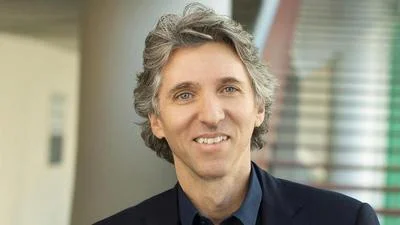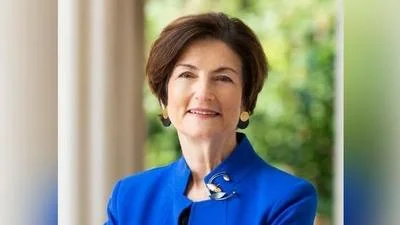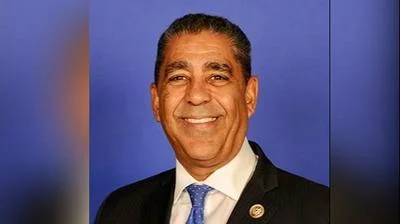Rabbi Dr. Ari Berman, President and Rosh Yeshiva | Yeshiva University
Rabbi Dr. Ari Berman, President and Rosh Yeshiva | Yeshiva University
Katz School PA graduate Sharona Abramova became a full-time physician assistant at Maimonides Children’s Hospital in April.
On a recent afternoon, a 10-year-old Hispanic boy entered the emergency department of Maimonides Children’s Hospital in Brooklyn. He had taken a fall on the soccer field and fractured his ulna bone, one of the two long bones in his left forearm. Fortunately for him, Sharona Abramova, a recent graduate of the Katz School’s M.S. in Physician Assistant Studies, was working a shift during a clinical rotation. She noticed him huddling beside his teacher, with the bone protruding from his slender forearm.
“I saw patients that day—adults—who didn’t hold back their distress about a sprain, and this boy hardly cried,” she said. “You have to be conscious of people’s pain tolerance when you treat them. Just because someone’s struggling quietly doesn’t mean they’re not seriously hurt.”
Although Abramova couldn’t speak Spanish, she managed to connect with the boy by discussing his teammates, his enjoyment of soccer, his team’s record, and what he did in his free time. After offering him orange juice, she continued their conversation on their way to x-ray. Their bond made it easier when she had to administer pain medication and immobilize his arm with a sugar-tong splint.
As the boy sat motionless, Abramova fashioned the splint to extend from just below the elbow to the base of his fingers. She positioned his arm neutrally with the elbow bent at a 90-degree angle and placed foam padding along the length of the splint, checking each step to ensure he was comfortable. She then wrapped straps around the arm and secured them snugly using hook-and-loop fasteners without cutting off circulation.
When the boy’s father arrived, Abramova assured him that his son was fine and provided instructions on how to care for the splint. The boy was eventually transferred to Cohen Children’s Medical Center in Queens for surgery to reset the bone.
“That was a big reason I wanted to do emergency medicine,” she said. “You’re not only helping people physically but emotionally because nobody wants to be in the emergency room.”
Abramova attributes her compassion partly to her loving family from Azerbaijan and partly to Katz School’s PA program. A first-generation American in a family of healthcare providers, she was drawn to Katz School's faculty's clinical excellence.
Dwayne Williams, director of didactic education at Katz School's PA program stated that students have “great communication skills," are empathetic and possess extraordinary interpersonal skills that contribute positively to patient experiences and health outcomes.
The Katz School program consists of one year in classrooms followed by another year of clinical rotations focusing on data gathering, diagnosis, and treatment according to Sharon Verity, director of Katz School's PA program.
“One constant feedback about our students is they’re well-rounded," said Verity.
In April, Abramova became a full-time physician assistant at Maimonides Children’s Hospital which serves patients from various ethnic groups. Fluent in Russian, she recalls accompanying her parents and grandmother as an interpreter during medical visits.
“I saw firsthand how it is for people who don’t understand English and need extra care," said Abramova. "One thing Professor Williams and Professor Abraham Oxilas always said is that you should treat the patient."






 Alerts Sign-up
Alerts Sign-up